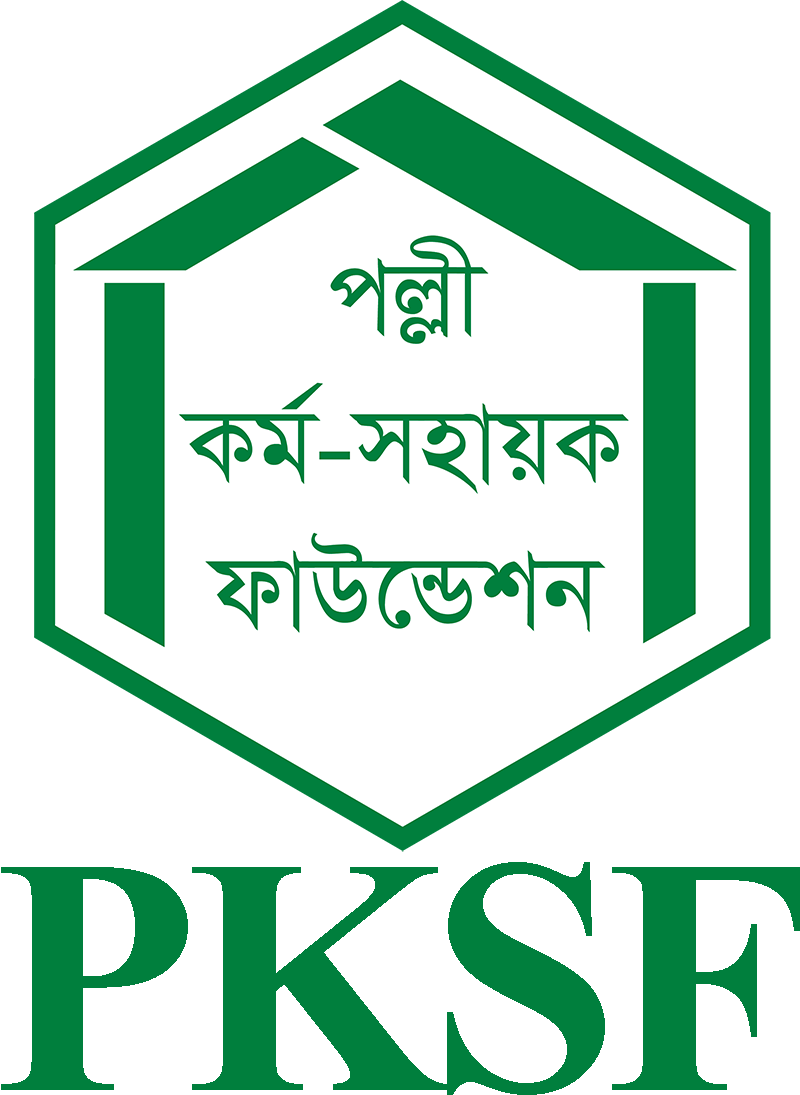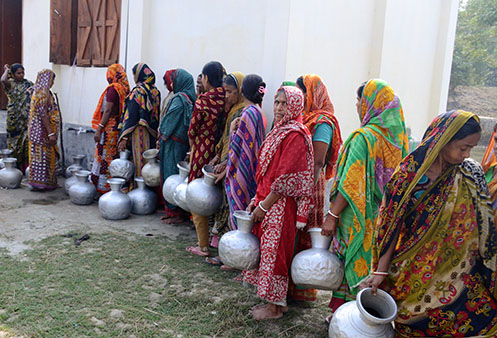
Bangladesh Rural Water, Sanitation and Hygiene for Human Capital Development Project
The Government of Bangladesh (GoB) intends to implement the Bangladesh Rural Water, Sanitation and Hygiene for Human Capital Development Project with financial support from the World Bank (WB) and the Asian Infrastructure Investment Bank (AIIB) to reform institutions and improve WASH services that meet the ‘safely-managed’ services in line with SDG targets of 6.1 and 6.2. The Project Development Objectives are to: (i) improve access and quality of water supply, sanitation, and hygiene (WASH) services in selected areas of rural Bangladesh, and (ii) strengthen sector policy and institutional capacity. Palli Karma-Sahayak Foundation (PKSF) and the Department of Public Health Engineering (DPHE) will implement specific components of this project.
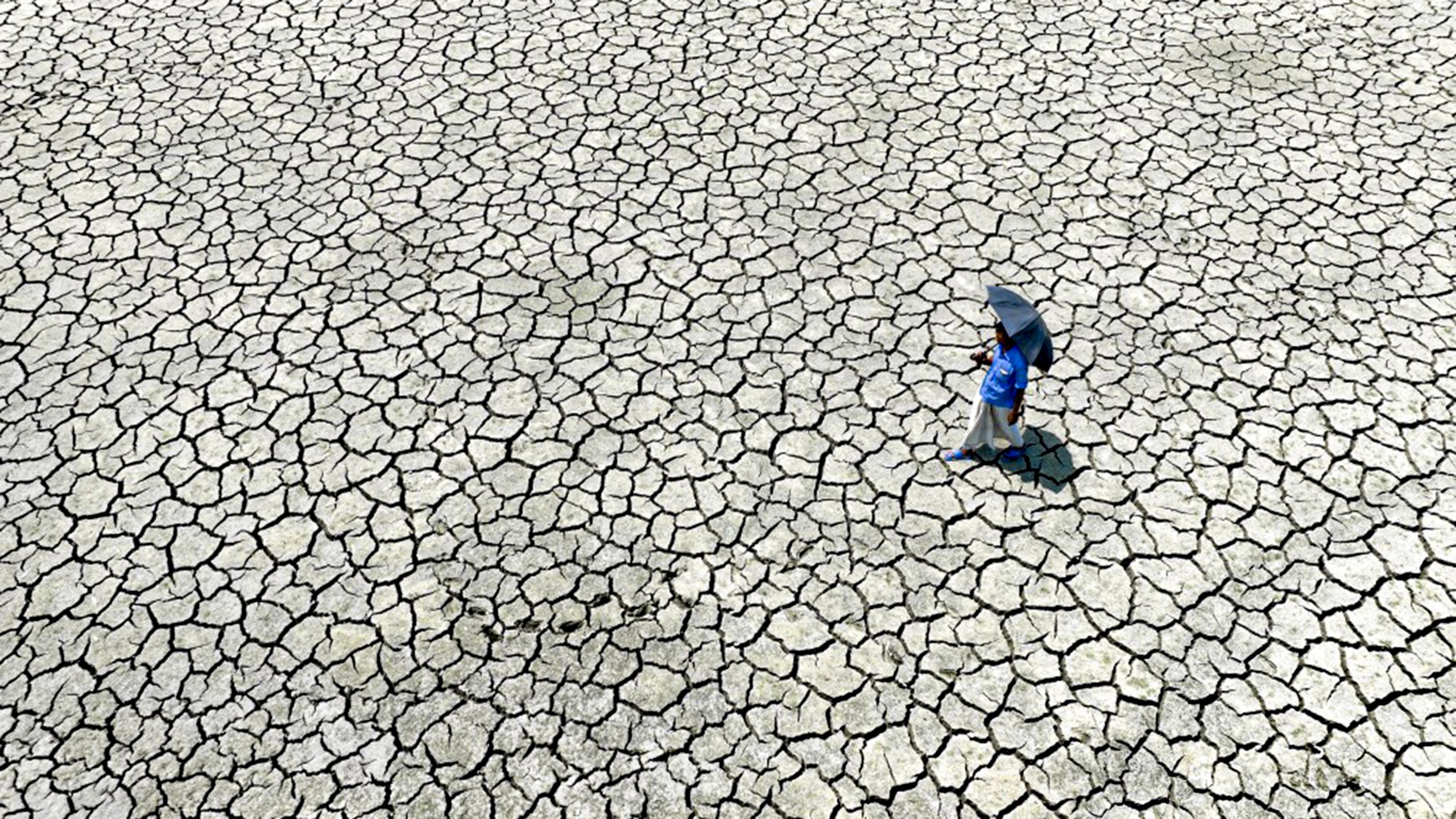
Extended Community Climate Change Project-Drought (ECCCP-Drought)
The project intends to address the above-mentioned drought-related problems by promoting good water management, adaptive technological practices, infrastructure maintenance, and planning for irrigation, drinking and household usage. Also, the project intends to reduce water needs by promoting the cultivation of crops with low water requirements in the dry season, thus reducing irrigation needs up to 70% during the winter season. In addition, the project will provide more water access points for drinking purposes too, thereby reducing the burden on women.
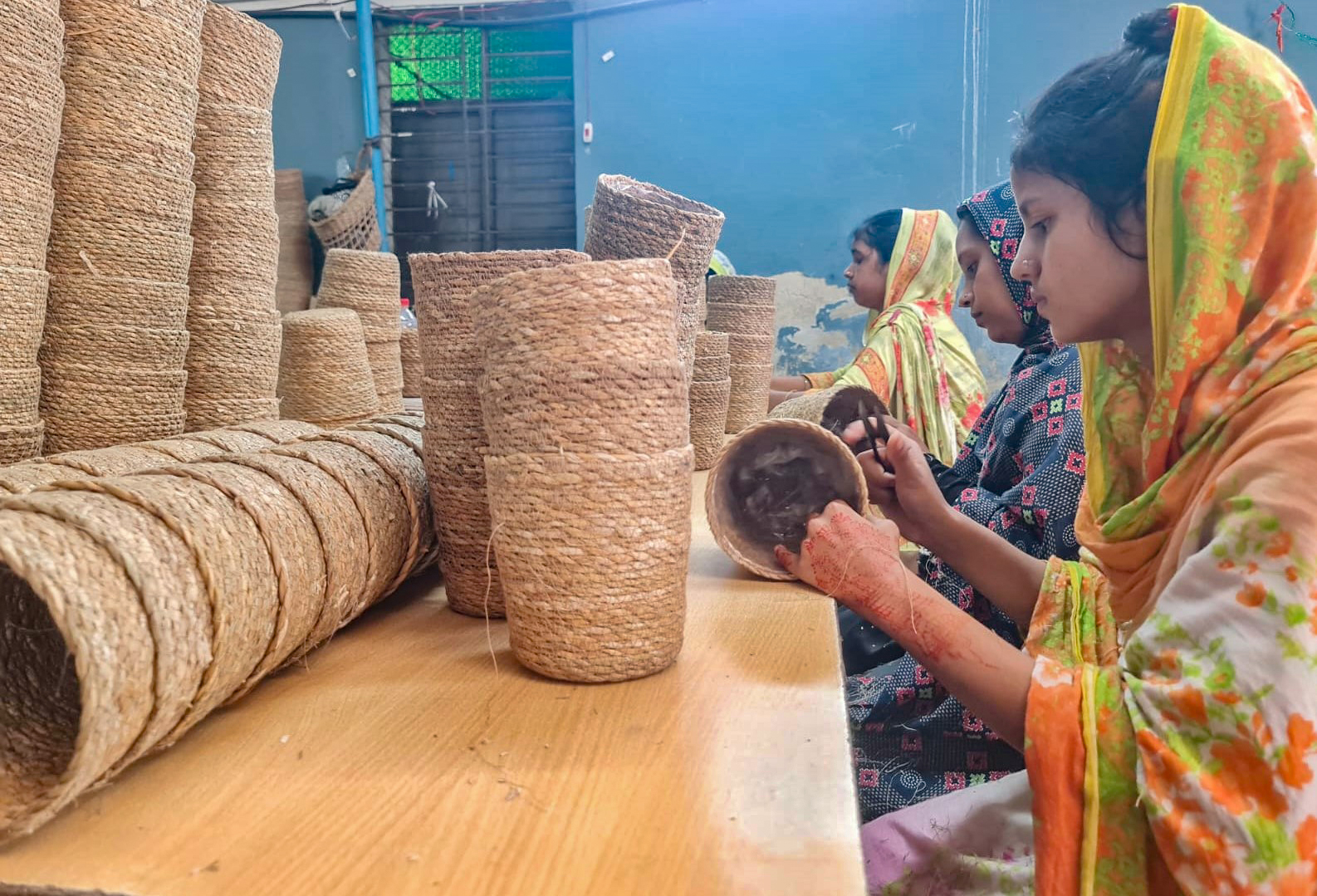
Microenterprise Financing and Credit Enhancement Project (MFCE Project)
The Microenterprise is an emerging sector containing more than 200 types of business has been playing a pivotal role in the economic development of the country. This sector which is geographically diverse where the largest number of low-income people are employed. By creating employment for the poor people, it plays an important role in reducing poverty and income inequality. Despite its importance in socio-economic development of the country, microenterprise sector has been riddled with various financial and non-financial constraints. Lack of adequate finance is a major constraint to the growth of microenterprises. Microenterprises are getting only 16% of their working capital from the external sources where 4% from the commercial banks and 12% from the MFIs.
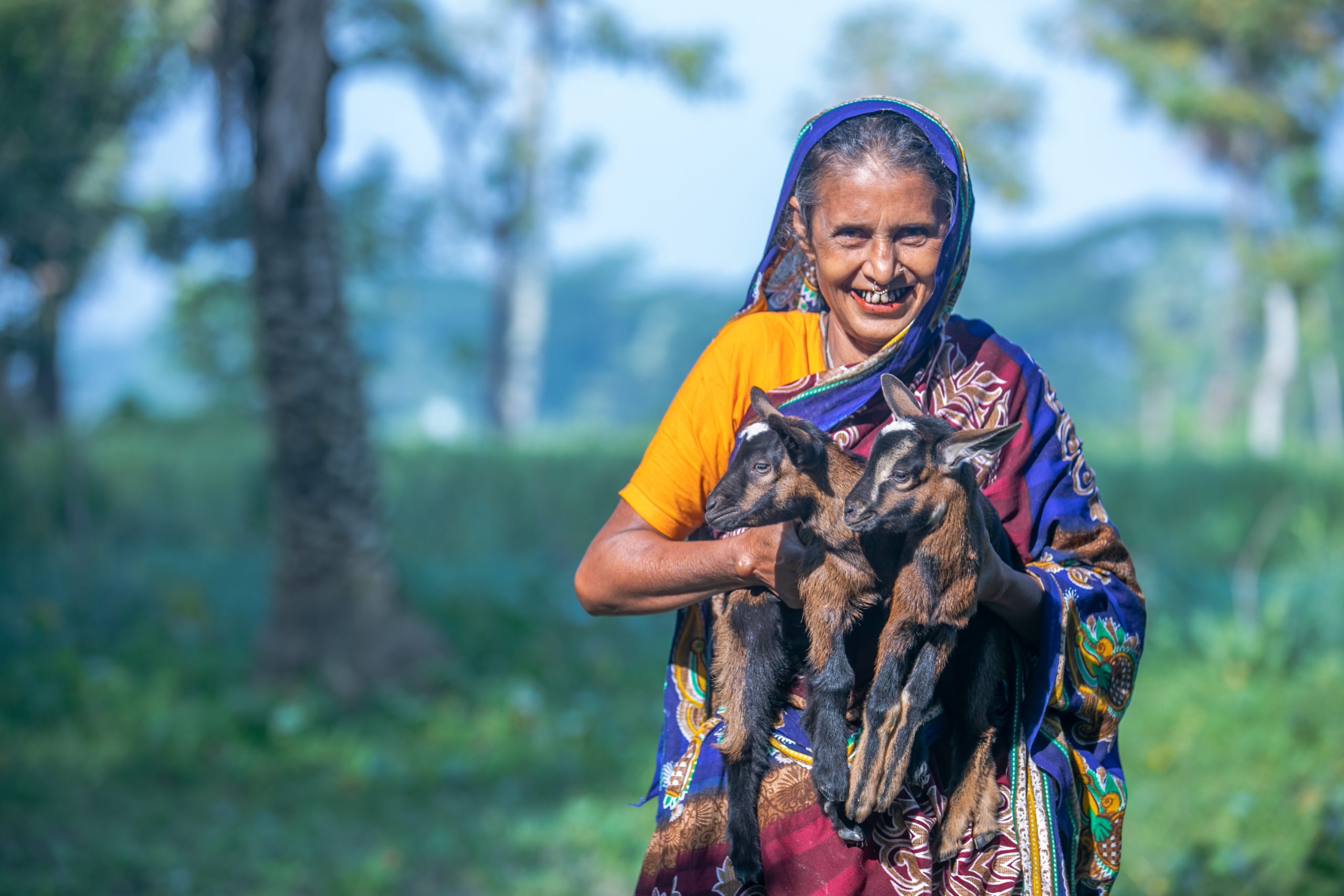
PATHWAYS TO PROSPERITY FOR EXTREMELY POOR PEOPLE-EUROPEAN UNION (PPEPP-EU) PROJECT
With financial support from the European Union (EU), PKSF is implementing the “Pathways to Prosperity for Extremely Poor People – European Union (PPEPP-EU)” project to help the most impoverished connect with mainstream economic growth and job opportunities. The PPEPP-EU is a complex and integrated project that aims to alleviate the multidimensional poverty of 215,000 extremely poor households across three climatically vulnerable regions of Bangladesh, including certain ethnic minority groups where extreme poverty is more prevalent.
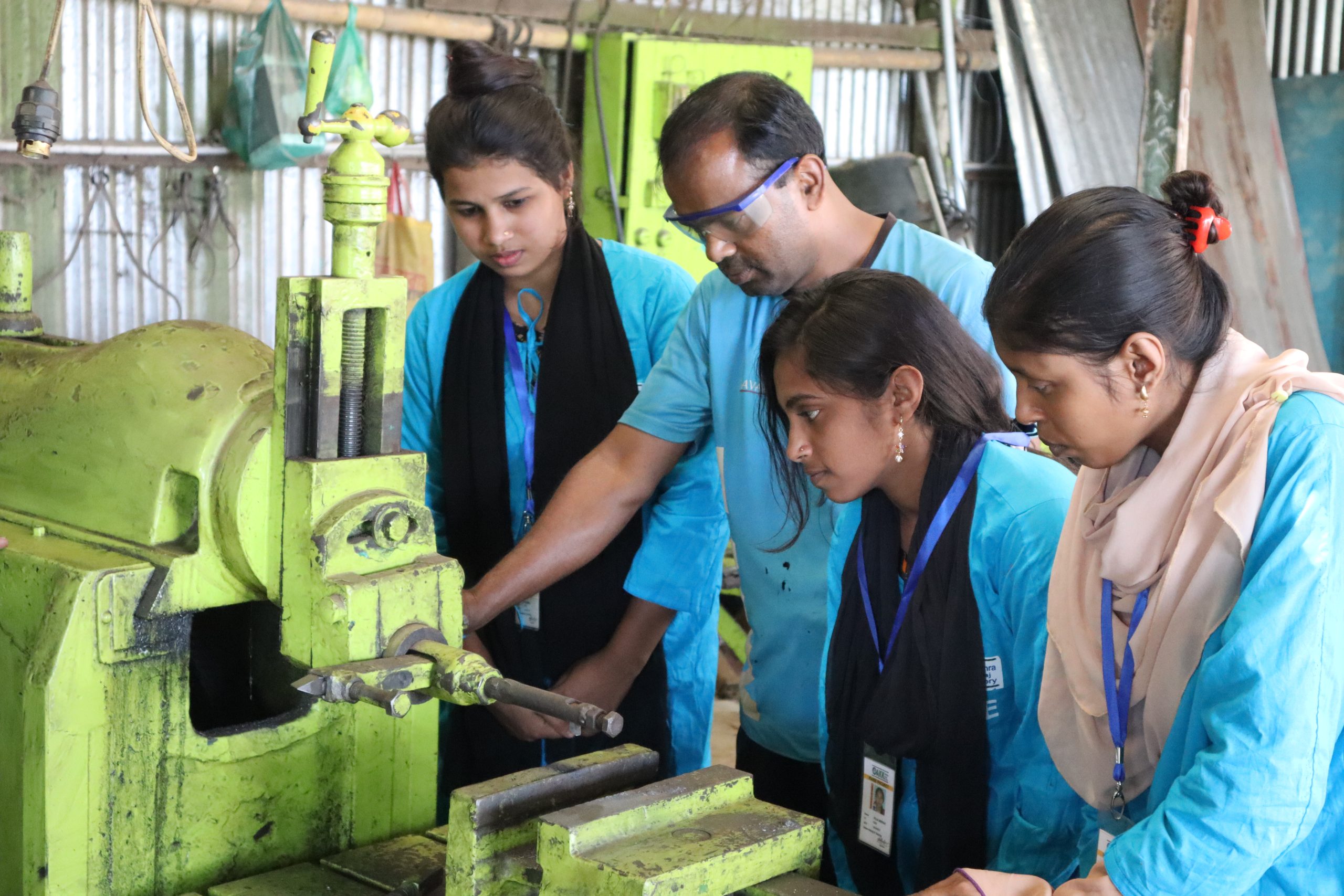
Recovery and Advancement of Informal Sector Employment (RAISE)
Palli Karma-Sahayak Foundation (PKSF) undertook the ‘Recovery and Advancement of Informal Sector Employment (RAISE)’ project in February 2022 jointly financed by the World Bank and PKSF. The RAISE project will facilitate employability and increase productivity of informal sector, and provide financial assistance to 175,000 low-income youths, micro-entrepreneurs and COVID-19 affected micro-entrepreneurs in urban and peri-urban areas across the country. PKSF will implement the project through its 70 Partner Organizations (POs). In addition, the project has another component on recovery and reintegration of COVID-19-affected returnee migrants which will be implemented by the Wage Earners’ Welfare Board (WEWB) under the Ministry of Expatriates’ Welfare & Overseas Employment.
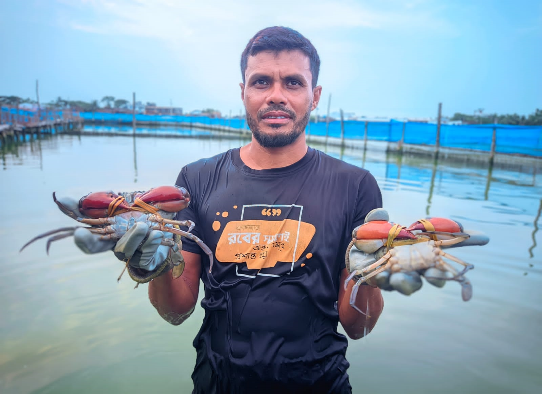
Resilient Homestead and Livelihood Support to the Vulnerable Coastal People of Bangladesh (RHL) Project
The coastal region of Bangladesh is vulnerable to disasters due to its location and low elevation. Climate change can have a devastating impact on the lives and livelihoods in this area. The vulnerability of the coastal people in Bangladesh can be defined in three ways: climate-sensitive livelihoods, vulnerable settlements in low-lying areas and scarcity of safe drinking water. Many coastal residents depend on seasonal subsistence agriculture and agriculture wage labor, which are highly climate-sensitive. Moreover, many coastal inhabitants live in houses built of mud and plants severely affected by cyclones, storm surges, and high tides. The lack of climate-resilient housing poses a serious poverty trap as significant portions of the incomes of coastal communities go towards house repairs. Under this circumstance, to develop a climate-adaptive coastal community in Bangladesh by adopting climate-resilient housing and livelihood technologies, the Green Climate Fund (GCF) under the United Nations Framework Convention of Climate Change (UNFCCC) approved “Resilient Homestead and Livelihood Support to the Vulnerable Coastal People of Bangladesh (RHL),” a five-year project, in 36th GCF Board on July 14, 2023.
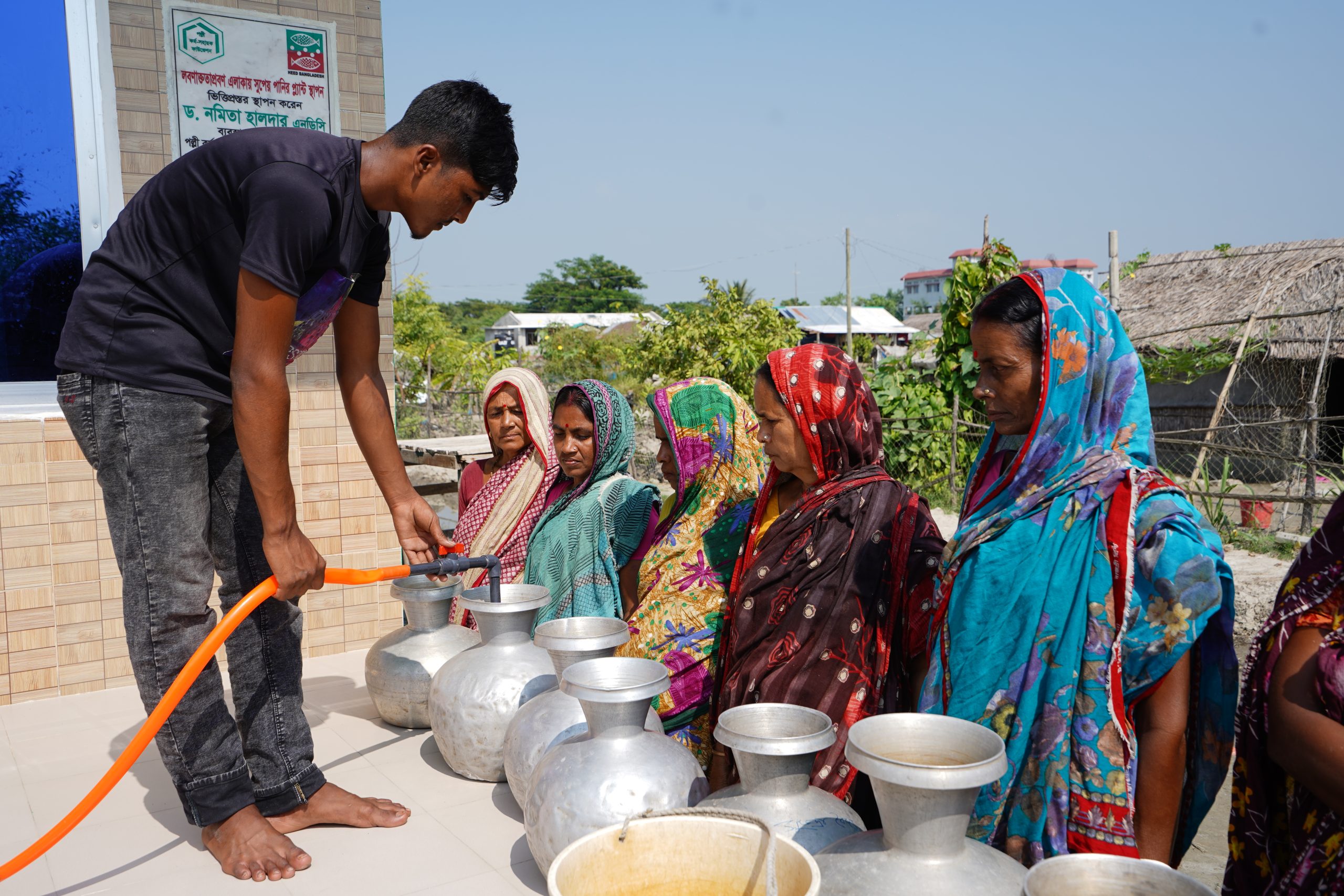
SAFE WATER PROJECT (SWP)
Safe drinking water is becoming increasingly scarce in the coastal belt of Bangladesh, where millions of people live under the constant threat of salinity intrusion, tidal surges, cyclones, and rising sea levels. In districts like Khulna, Bagerhat, and Satkhira, both surface and groundwater sources have been severely affected, leaving families with few reliable options for safe drinking water. Women and children often walk long distances to fetch small amounts of potable water, sacrificing their health, time, and security in the process. This daily struggle deepens poverty, undermines well-being, and highlights the urgency of sustainable solutions to one of the most pressing climate challenges in the region.
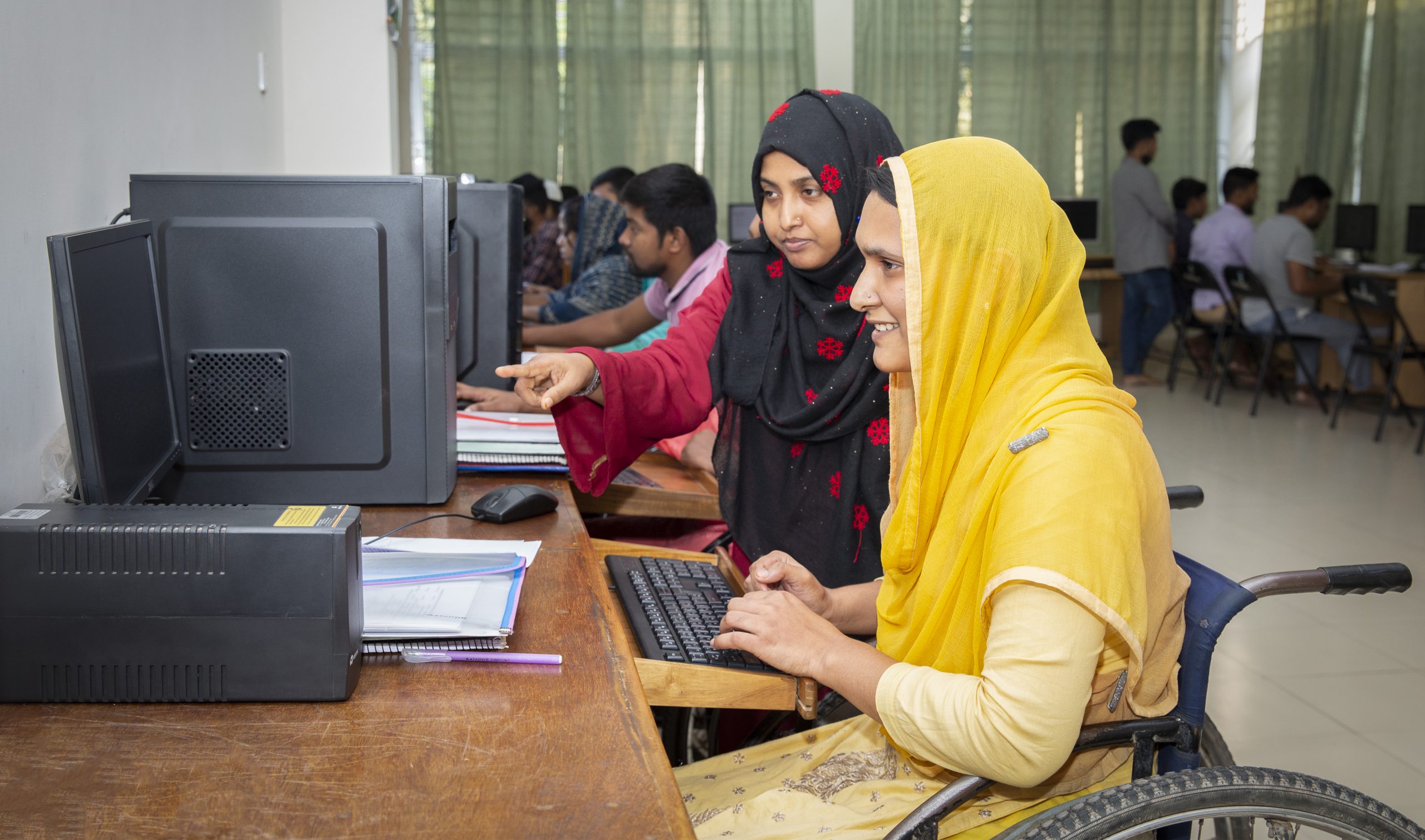
Skills for Industry Competitiveness and Innovation Program (SICIP)
Palli Karma-Sahayak Foundation (PKSF) is implementing the ‘Skills for Industry Competitiveness and Innovation Program (SICIP)’—a workforce transformative project jointly financed by the Government of Bangladesh and the Asian Development Bank (ADB).
SICIP, a Result-Based Lending (RBL) program under the Finance Division, Ministry of Finance of the Government of Bangladesh, aims to develop a skilled workforce through advanced technical and competency-based training programs across the country. SICIP seeks to enhance the employability and socio-economic resilience of youth, especially marginalized populations by equipping them with global market-responsive technical skills.

Sustainable Microenterprise and Resilient Transformation (SMART)
The SMART project focuses on providing support to microenterprises operating in agribusiness, manufacturing, and services, with a specific emphasis on environmentally stressed areas susceptible to climate change and natural disasters. Additionally, the project aims to foster changes within the microcredit ecosystem, encouraging the development of environmentally friendly businesses and the adoption of operational safety standards within microenterprises.
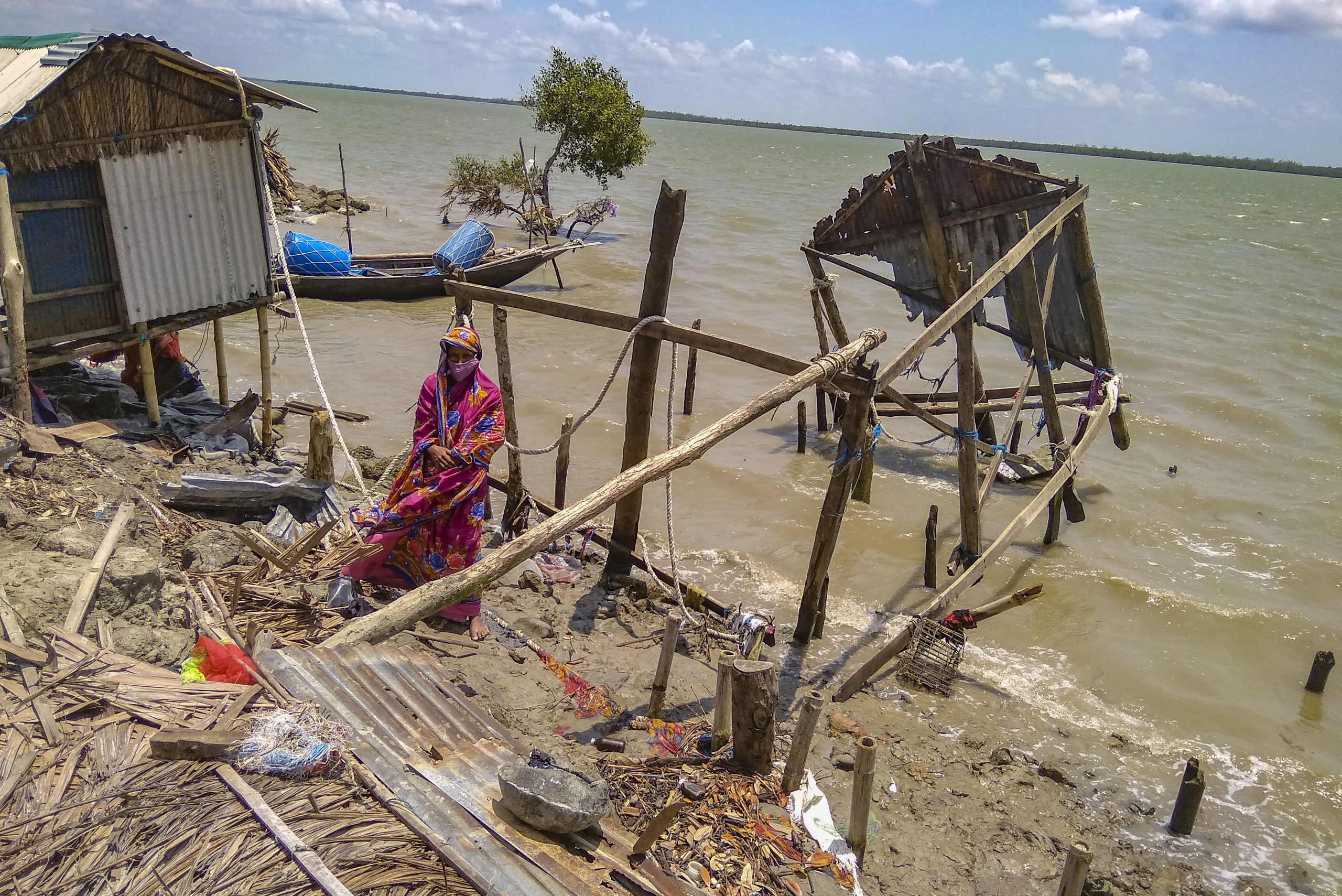
The Project for Developing Inclusive Risk Mitigation Program for Sustainable Poverty Reduction (IRMP)
The Project for Developing Inclusive Risk Mitigation Program for Sustainable Poverty Reduction (IRMP) funded by Japan International Cooperation Agency (JICA) was launched in October 2019, with an aim to determining sustainable financial and non-financial services and identify the implementation strategy to mitigate the risks caused by climate change and other disasters to the poor people.
The first Joint Coordination Committee (JCC) meeting of the project was held under the chairmanship of the Managing Director of PKSF where high officials from JICA head office, JICA Dhaka office and members of the IRMP team were present.
